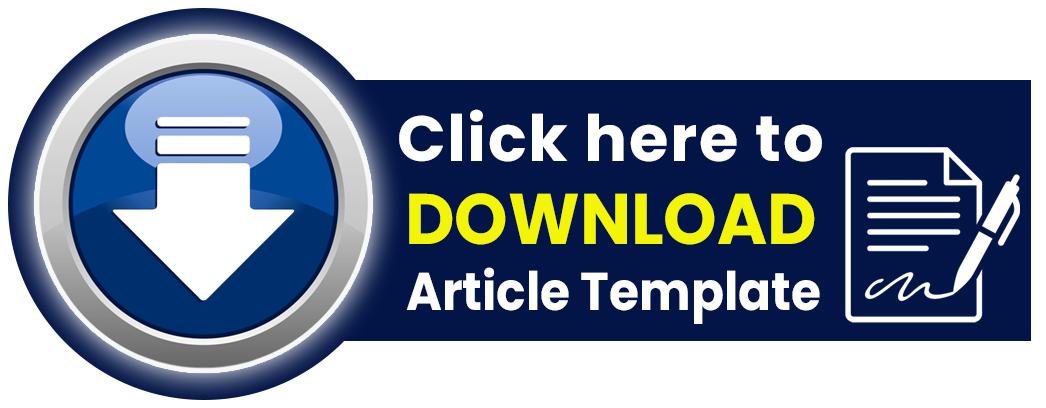Exploring the Potential of Merdeka Curriculum in Promoting Student-Oriented English Language Learning
Keywords:
Educational Innovation, English, Merdeka Curriculum, Secondary School, Student-Centered LearningAbstract
This study aims to explore the potential of Merdeka Curriculum in promoting student-oriented English language learning at the secondary school level. Merdeka Curriculum, as the most recent education policy in Indonesia, emphasizes flexible, differentiated learning based on students' needs and interests. Through a qualitative approach with a case study method, data was collected through classroom observations, in-depth interviews with teachers and students, and analysis of learning documents. The results show that the implementation of Merdeka Curriculum provides space for teachers to design English learning that is more contextual, communicative, and project-based. In addition, students show a higher level of engagement and motivation in the learning process. However, implementation challenges such as teacher readiness, limited resources and varying understanding of the curriculum concept remain. This research recommends continuous training for teachers as well as systemic support from the school and government to maximize the transformation of English learning through Merdeka Curriculum
References
Adhani, R., et al. (2020). Adapting to change: English language teachers' responses to the Merdeka Belajar policy in Indonesia. Journal of Language Education and Linguistics, 2(1), 45-60.
Anwar, A. (2020). Exploring the impact of the Merdeka Belajar policy: A case study of Indonesian schools. Indonesian Journal of Education Administration and Policy Studies, 2(2), 78-92.
Aryati, K. F. (2023). The impact of Merdeka Belajar curriculum on English language teaching in International Institute of Business and Tourism. EDUKASIA:
Asrianti, R. N., & Rosadi, A. (2024). Strategies to teach English as a foreign language in Merdeka Curriculum: A systematic literature review. Proceedings Series on Social Sciences & Humanities, 18, 331–340. Bhat, M. S., et al. (2021). The role of teachers in implementing Merdeka Belajar curriculum: Challenges and opportunities. Journal of Educational Policy and Practice, 12(3), 45-59.
Braun, V., & Clarke, V. (2006). Using thematic analysis in psychology. Qualitative Research in Psychology, 3(2), 77-101.
Creswell, J. W., & Poth, C. N. (2018). Qualitative inquiry and research design: Choosing among five approaches. Sage publications.
Darma, B. (2019). Innovations in English language teaching: Strategies for implementing the Merdeka Belajar policy. Journal of Language Teaching and Research, 10(4), 623-636.
Efendi, T., Prihantini, A. F., & Nurhidayah, S. (2024). Optimizing English language teaching in elementary school based on Merdeka curriculum. Nuansa Akademik: Jurnal Pembangunan Masyarakat, 9(2), 561–572.
Fitriyani, R., & Hartono, S. (2020). Bridging the gap: Implementing learner-centered approaches in TEFL through the Merdeka Belajar policy. Journal of TEFL
Fristiviona, C., Ramasari, M., & Seli, S. (2024). An analysis of English teachers’ perception of Merdeka Curriculum at elementary schools in Lubuklinggau. Jurnal Arjuna: Publikasi Ilmu Pendidikan, Bahasa dan Matematika, 2(5), 292–299. https://doi.org/10.61132/arjuna.v2i5.1220
Hadi, R. (2020). Empowering schools and teachers: The Merdeka Belajar policy in action. Indonesian Journal of Educational Policy and Leadership, 3(1), 32-47.
Hidayati, L., & Sujarwati, I. (2023). The differentiated learning strategy in implementation Merdeka Belajar curriculum to improve students’ learning outcomes of English lesson in elementary school. Cendikia: Media Jurnal Ilmiah Pendidikan, 13(5), 724-733.
Kvale, S., & Brinkmann, S. (2015). Interviews: Learning the craft of qualitative research interviewing. Sage publications.
Merriam, S. B., & Tisdell, E. J. (2016). Qualitative research: A guide to design and implementation. John Wiley & Sons.
Ministry of Education and Culture. (2019). Merdeka Belajar policy implementation guidelines. Jakarta, Indonesia: Author.
Patton, M. Q. (2015). Qualitative research & evaluation methods: Integrating theory and practice. Sage publications.
Rosadi, A., & Asrianti, R. N. (2024). Teaching English as a foreign language in Merdeka Curriculum: A systematic literature review. Proceedings Series on Social Sciences & Humanities, 18, 331–340. https://doi.org/10.30595/pssh.v18i.1278
Sampelolo, R., & Kombong, M. T. (2022). The future of English language teaching and learning through “Merdeka Belajar - Kampus Merdeka” (MBKM): A systematic review. KLASIKAL: Journal of Education, Language Teaching and Science, 4(1), 40–46. https://doi.org/10.52208/klasikal.v4i1.118
Sephiawardani, N., & Bektiningsih, K. (2023). Review of teacher readiness in implementing Merdeka curriculum at public elementary schools. Jurnal Pendidikan dan Pengajaran, 56(3), 533–542. Suryani, H., & Amalia, S. (2018). Students’ English proficiency: The case of one madrasah in Jambi City. Ta’dib: Jurnal Pendidikan Islam, 23(2), 194–201
Downloads
Published
Issue
Section
License
Copyright (c) 2025 Vania Clarasita, Rempi Saulina (Author)

This work is licensed under a Creative Commons Attribution-NonCommercial 4.0 International License.





